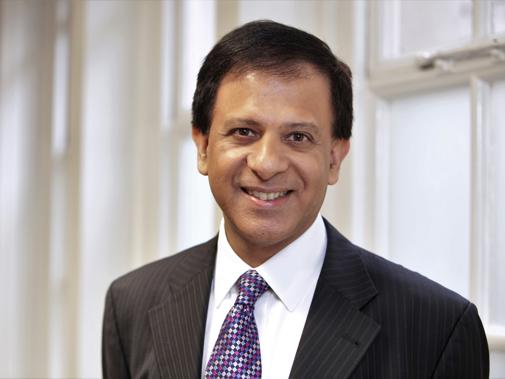Last week we published the interim findings of our racism in medicine survey – the largest of its kind, with responses of more than 2,000 medical students and doctors across the UK.
This new evidence shows how racism remains a pervasive source of discrimination affecting the medical profession. The shocking statistics have highlighted the negative impact of racist experiences on doctor retention, wellbeing, and career progression, with:
- 5% of those surveyed reporting that they had experienced racism at work in the last two years
- 4% reported to have experienced racism on a regular basis
- 20% reported to have experienced racism from patients
- 71% saying that they had chosen not to report a racist incident to anyone due to a lack of confidence that it would be addressed or, and a fear they would be labelled ‘troublemakers’
- Nearly 60% saying that racism at work had impacted their health and wellbeing.
This sadly portrays a health system unable – or unwilling – to truly confront this disgraceful truth.
Notwithstanding the direct impact this has on individual’s wellbeing, we know that a racist culture undermines patient care since it fails to bring out the full potential and capability of its workforce.
Civility Saves Lives found that an individual’s cognitive ability is reduced by 61% if someone is rude to them at work.
The GMC’s independent report also found that doctors with high levels of burnout had between 45% and 63% higher odds of making a major medical error, demonstrating that workplace stress in healthcare organisations affects patient safety.
It is also really worrying that over seven in 10 doctors responding to our survey reported that they were unwilling to speak out about racism due to concerns of being labelled a ‘troublemaker’ and, or that they were not confident that the incident would be addressed accordingly.
It is wholly unacceptable that these doctors are suffering in silence. Without a culture of openness, we are impeding our ability to be fully aware of and tackle workplace racism, which is why it is imperative that all doctors feel empowered and protected in speaking out.
What is more, a fifth of respondents said that they were considering leaving their job because of racism. This would be disastrous at a time when the health service faces a record high backlog of care with some patients waiting longer than two years for treatment. We cannot afford to lose a single talented, experienced doctor from the NHS and is another reason why it is vital to tackle racism in the workplace.
It was pleasing to see that our message got through with the report receiving widespread media coverage including the Telegraph, the BBC, the Independent and more.
I was further encouraged to hear that West Yorkshire Health and Care Partnership Trust, had immediately acted on our report by writing a letter to their staff, specifically in response to and quoting the BMA survey, in which they reaffirm their commitment to eradicate racism with specific actions and support. I truly hope this will become more widespread and that many others NHS providers will follow.
At the BMA we recognise the reality of members experiencing racism at each stage of their careers. That is why we have produced a racial harassment charter for medical students, commissioned research on career progression and we are also currently carrying out a review of our member services for ethnic minority doctors facing employment difficulties to ensure we provide the best tailored support.
A year ago, I also helped set up the BMA’s first National BAME forum, underpinned by local thriving networks. If you are an ethnic minority BMA member, please do join your regional BAME network if you have not already done so, details of which are here. It will give you a voice, camaraderie and peer support and the ability to influence BMA policy on race equality.
It is high time that we move beyond the irrefutable evidence of racism in medicine and deliver actual positive change in 2022. This is not just about the moral right of treating doctors fairly, but it is also important to ensure patients get the best care from doctors who are supported and enabled to be their best.
It is also key to a better NHS, in which there is evidence that providers rooted in equality, inclusivity and diversity have better patient outcomes and productivity. The BMA will shortly be publishing a report building on these stark findings to offer tangible recommendations of what needs to change in our health system so that all doctors have equal opportunity and reward.
Chaand Nagpaul is BMA council chair

